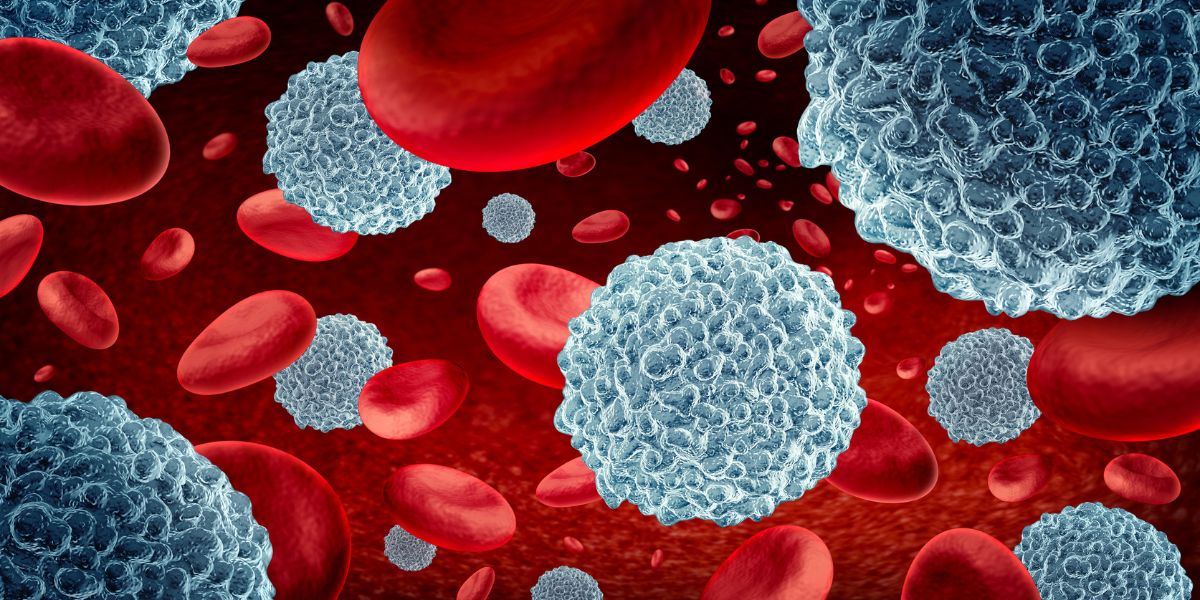Cholesterol is an organic chemical substance that is essential for the function of the human body.
It forms part of the outer membrane that surrounds every cell in our bodies and is used to insulate nerve fibres and produce hormones, which carry chemical signals around the body.
However, too much cholesterol in the blood is dangerous as it increases the risk of coronary heart disease and disease of the arteries.
Lipoprotein levels
Lipoproteins are special molecules that carry or transport cholesterol around the body.
There are 3 main types (see below) and knowing how much of each is in your system, in addition to your cholesterol level, will give you a better idea of your personal risk of heart disease.
- Low-density lipoprotein (LDL) – Often referred to as ‘bad cholesterol’, LDL carries cholesterol from the liver to the cells and can cause harmful build-up of cholesterol if there is excess supply.
- High-density lipoprotein (HDL) – This so-called ‘good cholesterol’ removes cholesterol from the cells puts it back in the liver, where it’s either broken down or excreted.
- Triglycerides – Your risk of cardiovascular disease is likely to be high if you have high levels of LDL cholesterol and trigylcerides, and low levels of HDL cholesterol.
Healthy cholesterol levels
In the UK, the average total cholesterol level for men is 5.5mmol/l and 5.6mmol/l for women, which is higher than the normal levels recommended by various health groups and organisations.
While total cholesterol readings are important, more attention should be paid to the balance of the different types of lipoproteins in your body as this has a greater influence on your cardiovascular risk.
Your overall risk of heart disease is based on a combination of factors, including age, gender, weight, smoking status, family history of heart disease, blood pressure and diabetes.
For example, a male smoker who has high blood pressure and/or suffers from diabetes will be at much greater risk of heart disease, and will therefore have a greater need to lower their cholesterol to a ‘healthy’ level.
The National Institute for Health and Clinical Excellence (NICE) and Department of Health recommend that cholesterol levels for UK adults should be:
- Total cholesterol – less than 5.0mmol/l
- LDL cholesterol – less than 3.0mmol/l
However, these national policy guidelines are being reviewed due to pressure from the Joint British Societies (a group of the main UK expert societies involved in cardiovascular disease), which has more stringent cholesterol limits for people who have, or are at risk of, coronary heart disease:
- Total cholesterol – less than 4.0mmol/l
- LDL cholesterol – less than 2.0mmol/l
Low cholesterol
Another controversial health topic in the UK is the efforts people who have little risk of heart disease should go to keep their cholesterol levels healthy – below 5mmol/l.
Some health experts believe the lower the cholesterol level, the better the chances are of preventing heart disease.
They are also strongly in favour of cholesterol-lowering drugs being offered over-the-counter to everyone, regardless of whether they have high cholesterol, as they appear to have minimal side-effects.
But others say there is research to prove that anti-cholesterol drugs, such as statins , can cause damage to muscles or the kidneys, and argue there is no evidence to suggest these drugs can benefit certain low-risk groups, such as women who don’t have a history of heart disease.
Treatments for high cholesterol
If you have high cholesterol, your GP will usually recommend:
- A healthy, balanced daily diet
- Regular exercise/physical activity
Eating healthily means including more fruit and vegetables in your meals, cutting down on red meat and replacing sugary snacks and drinks with healthy, natural alternatives.
The key is to not only cut down on fats, but also to replace saturated fats with unsaturated alternatives.
Some foods can help to lower cholesterol levels and you may be advised to add these to your diet. These include:
- Garlic
- Soya
- Oats
- Corn and
- Selenium-enriched cereals
If your cholesterol level is still high after taking these steps, your GP may put you on a course of lipid-lowering medication.





